Have you ever witnessed a cat freeze in place, eyes wide as saucers, tail puffed up like a feather duster? We’ve all seen our feline friends transform from playful pouncers to bundles of anxiety in a heartbeat. Nervous cats see the world as a place full of surprises—most of them unwelcome. If you adore your cat (or even just tolerate their quirky company), there are some things you should absolutely avoid doing around them, especially when they’re feeling jittery. Understanding what makes a nervous cat tick isn’t just about kindness; it’s about building trust, reducing stress, and making your home a sanctuary. Let’s explore the 15 things you should never do around a nervous cat—and a few more, for good measure.
Yelling or Raising Your Voice

Raising your voice might get your point across with humans, but to a nervous cat, it’s like a sonic boom. Cats have sensitive hearing, and loud noises can startle them, causing them to bolt or hide for hours. Even if you’re not angry at the cat, any sudden shouting—whether from excitement, frustration, or a sports game—can be terrifying. Your cat doesn’t understand the context; all they perceive is a threat. Over time, repeated shouting can make your cat associate you with fear, leading to trust issues and even aggression. Instead, try speaking softly and calmly, especially when your cat already seems on edge. A gentle tone can be the bridge between you and your cautious companion.
Making Sudden Movements

Imagine being on high alert, then suddenly seeing a giant hand swoop toward you. That’s what a nervous cat experiences when people make abrupt movements. Cats are prey animals at heart, so fast or jerky motions trigger their survival instincts. If you reach for them quickly, they might scratch, bite, or run for cover. Even waving your arms or standing up too quickly can make them flinch. Always move slowly and deliberately around a nervous cat. Give them a chance to see what you’re doing and decide if they want to interact. This simple adjustment can make your cat feel much safer and more relaxed around you.
Forcing Physical Contact
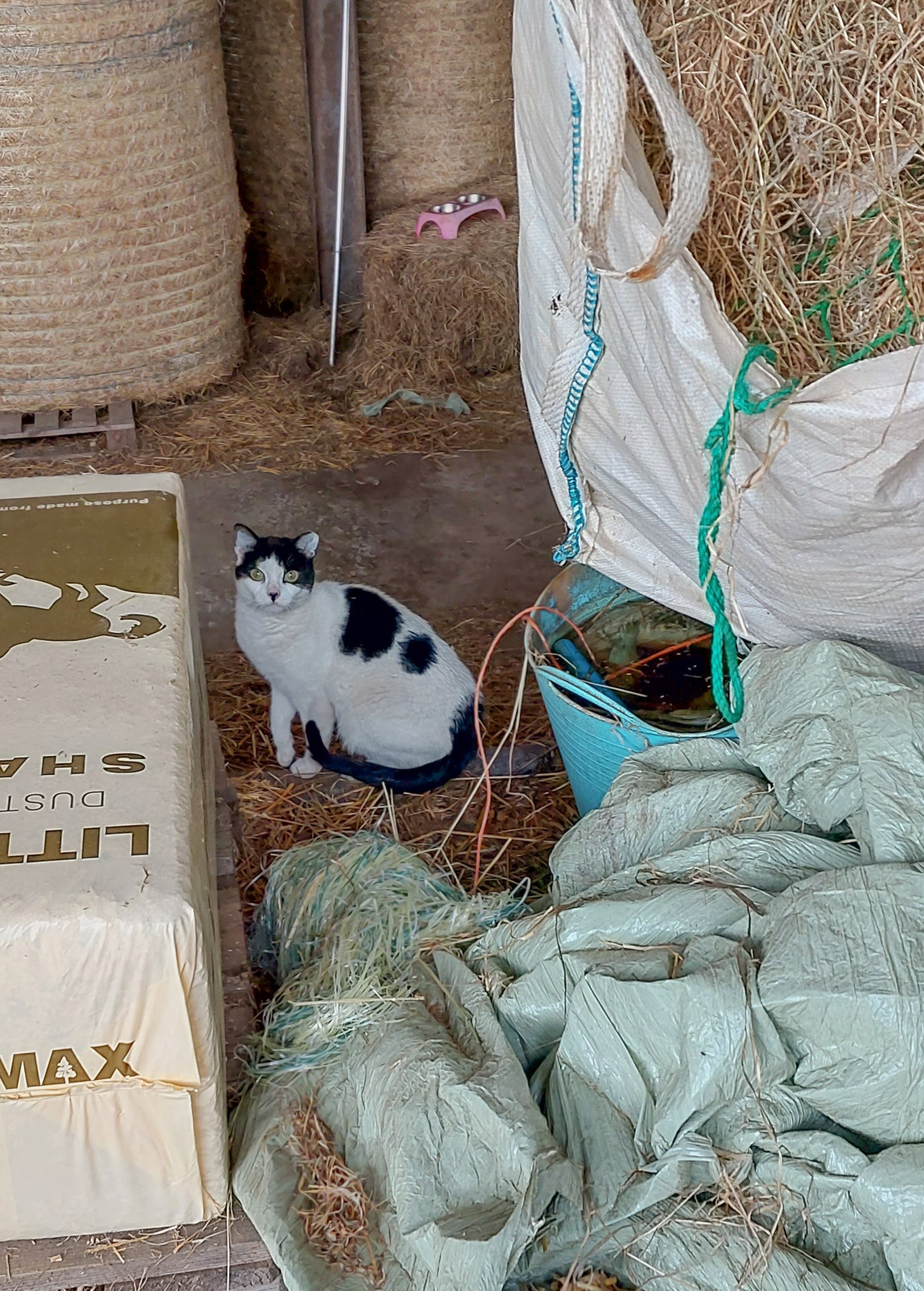
We all want to shower our cats with love, but hugging, picking up, or petting a nervous cat against their will is a recipe for disaster. Forced affection can make them feel trapped, and when cats feel cornered, they often lash out or retreat. Even gentle attempts to stroke or cuddle can be overwhelming if your cat isn’t ready. Instead, let your cat approach you on their own terms. Extend a hand and allow them to sniff you first. If they lean in for a rub, that’s your green light. Respecting their boundaries will help them build confidence and trust over time.
Staring Directly at Them
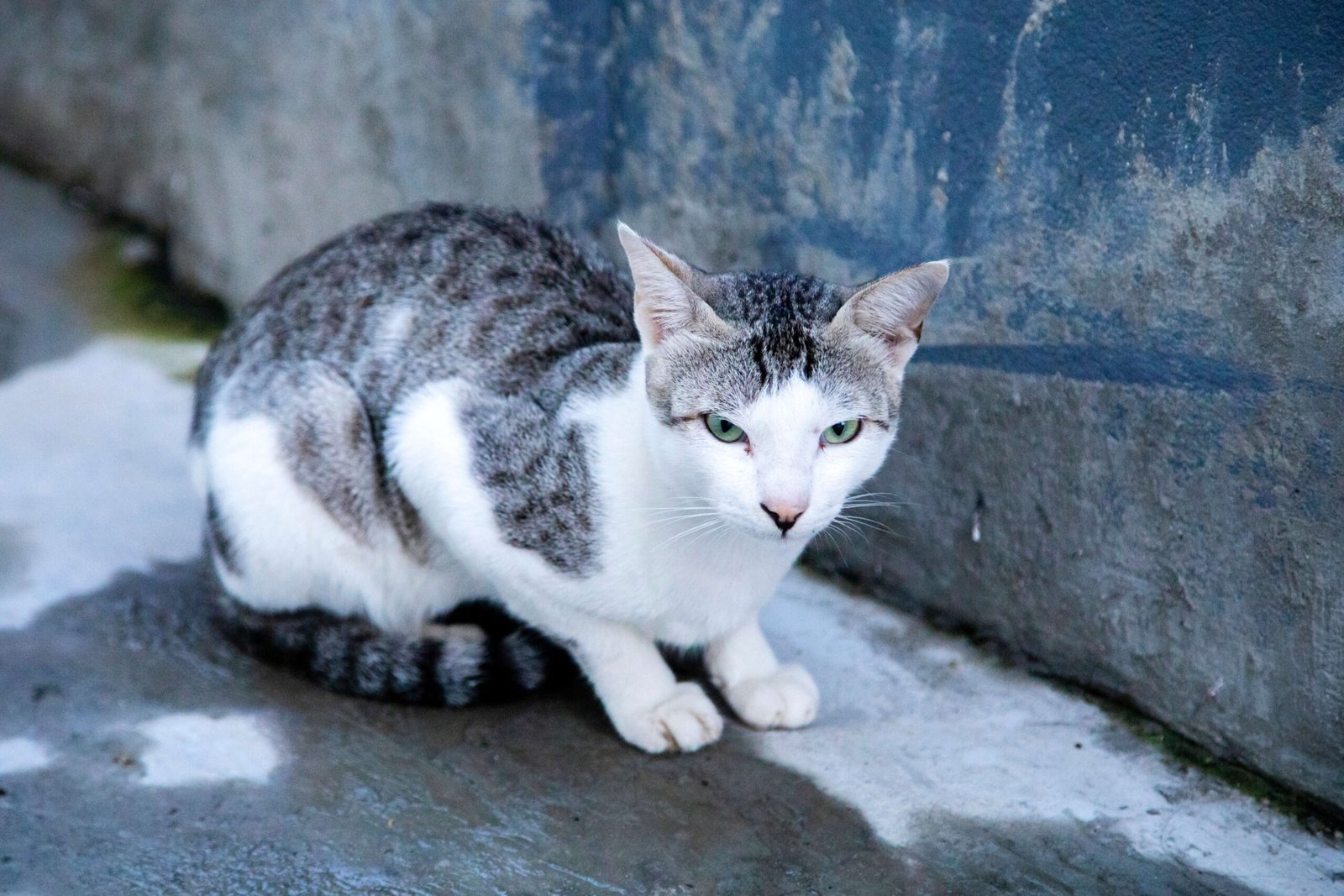
Direct eye contact can feel like a challenge or a threat in the animal kingdom, and cats are no exception. If you lock eyes with a nervous cat, they might interpret your gaze as intimidating or even aggressive. Some cats may respond by looking away, flattening their ears, or slinking under the nearest piece of furniture. When interacting with a shy or anxious cat, it’s best to keep your gaze soft and blink slowly. This “cat kiss” is a sign of trust and calmness, and your feline friend may even respond in kind. Avoid the stare-downs, and you’ll find your cat becoming more comfortable in your presence.
Ignoring Their Hiding Spots

Cats need safe spaces to retreat when the world feels overwhelming. If you block access to their favorite hiding spots or force them out, you’re taking away their sense of security. Hiding is a natural coping mechanism for nervous cats, and it helps them manage their stress. Respect these spaces, whether it’s under the bed, in a closet, or behind the couch. You can make these areas even more comforting by placing soft blankets or a favorite toy inside. Never drag your cat out from their sanctuary. Let them come out when they’re ready—it’s their way of telling you they trust you again.
Introducing New People Too Quickly

Meeting new people can be nerve-wracking for even the bravest of cats. Throwing a nervous cat into the middle of a crowd or handing them off to a stranger is overwhelming. Cats need time to adjust to unfamiliar scents, voices, and movements. If you have guests over, let your cat observe from afar. Encourage visitors to ignore the cat and let the feline make the first move. Slow introductions, with plenty of patience and positive reinforcement, are key. Over time, your cat may surprise you by warming up to new faces on their own terms.
Bringing in Loud Appliances
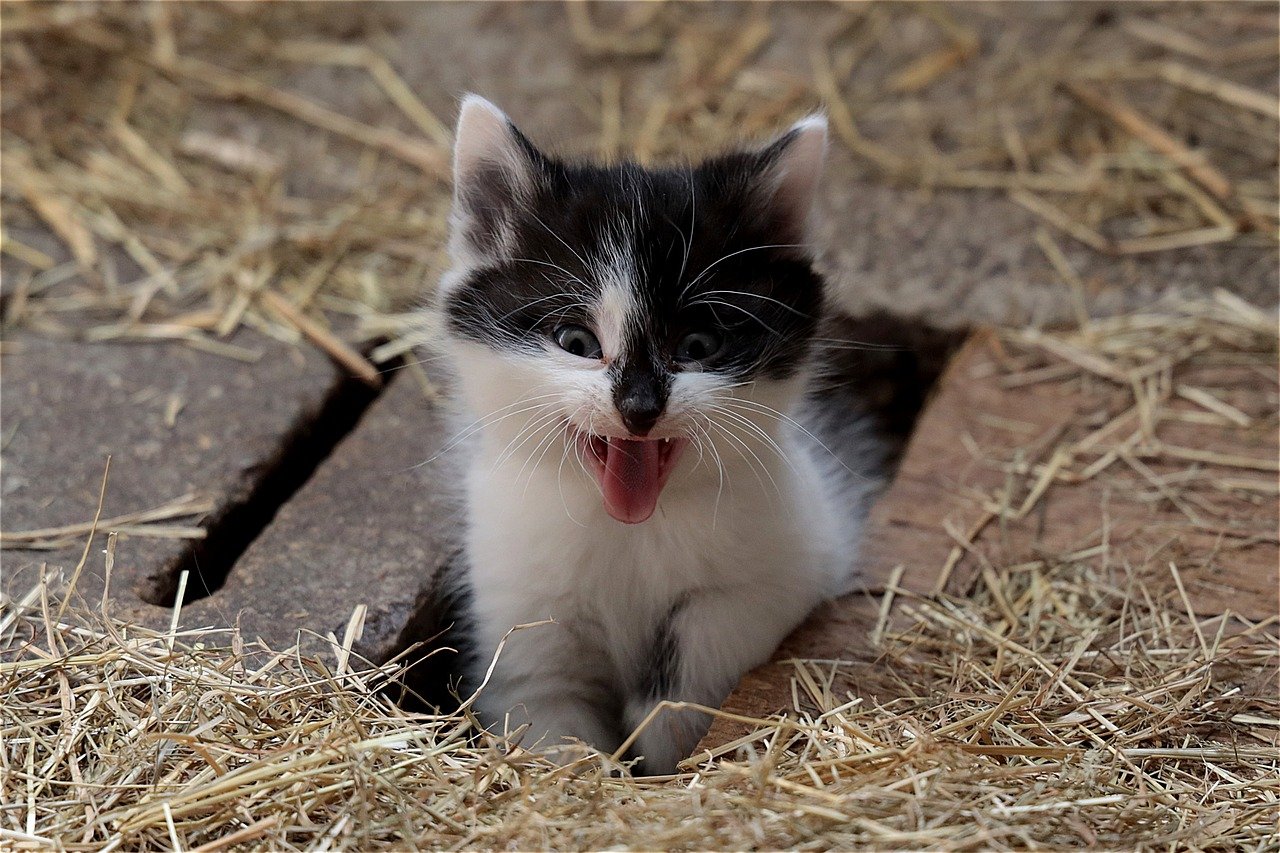
The sound of a vacuum, blender, or even a hairdryer can send a nervous cat into panic mode. Their acute hearing means these everyday appliances sound much louder and scarier to them. Never turn these on near your cat, especially if they’re already showing signs of anxiety. If you need to use something noisy, give your cat plenty of warning and a chance to retreat to a safe space. Some pet owners play soft music in another room to drown out the sound. Remember, a little consideration goes a long way in keeping your feline friend at ease.
Chasing or Playing Rough

Roughhousing might be fun with dogs, but it’s a big no-no for nervous cats. Chasing, grabbing, or playing too aggressively can be terrifying and may cause long-term trust issues. Cats prefer gentle, predictable play sessions with toys like feather wands or laser pointers. If your cat seems stressed or backs away, give them space. Always let your cat set the pace during playtime. Think of it as a delicate dance—one wrong step, and your partner flees the floor. By keeping play gentle and positive, you’ll help your cat build confidence and feel safe.
Ignoring Body Language
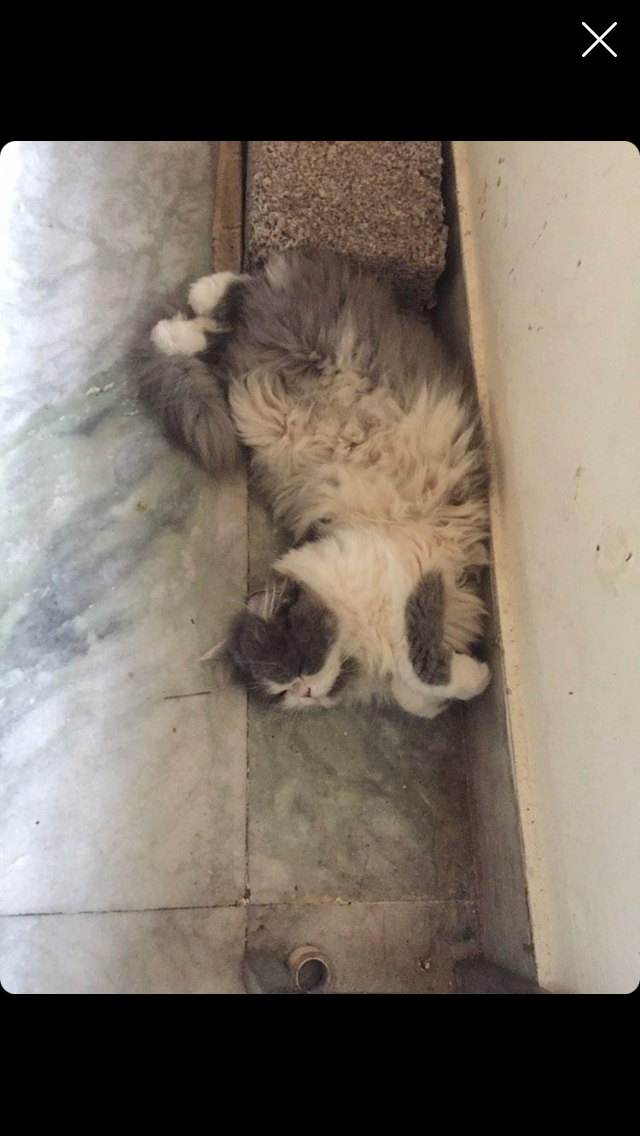
Cats are masters of subtle communication. A flicking tail, flattened ears, or dilated pupils all signal how your cat is feeling. Ignoring these signs can lead to misunderstandings and even bites or scratches. Pay close attention to your cat’s body language, especially if they’re nervous. If they seem tense or are backing away, it’s time to give them space. Learning to “speak cat” is essential for any pet owner. By respecting their signals, you’ll show your cat that you care about their feelings—and they’ll be more likely to trust you in return.
Changing the Environment Suddenly

Cats are creatures of habit, and even small changes can throw them off balance. Moving furniture, bringing in new scents, or rearranging their favorite spots can make a nervous cat feel lost and insecure. If you need to make changes, do so gradually. Introduce new objects slowly and allow your cat to investigate at their own pace. Keep familiar items—like their bed or scratching post—in consistent locations. Stability and routine are comforting to nervous cats, so minimize surprises whenever possible.
Forcing Socialization with Other Pets

Bringing another pet into the household can be stressful for everyone, but especially for a nervous cat. Forcing interactions or not providing enough personal space can lead to fights, anxiety, and even health problems. If you’re introducing a new animal, take it slow. Set up separate areas and allow the pets to get used to each other’s scent before meeting face-to-face. Gradual introductions, supervised visits, and lots of patience are crucial. Let your cat set the pace and always provide escape routes. This way, your cat won’t feel trapped or threatened.
Using Strong Scents or Harsh Cleaners

Cats’ noses are much more sensitive than ours. Strong scents from air fresheners, cleaning products, or even perfumes can be overwhelming or irritating to a nervous cat. They might avoid areas that smell too intense or even develop respiratory issues. When cleaning around your cat, opt for unscented or pet-safe products. Avoid using essential oils, as some can be toxic to cats. Keeping your home free of overpowering smells will make your feline friend feel more at home—and keep them safe and healthy.
Skipping Routine and Predictability

Cats thrive on routine. Feeding times, play sessions, and even cuddles should happen around the same time each day. Sudden changes in schedule can make a nervous cat feel like the world is spinning out of control. Try to maintain a consistent daily rhythm. If you have to alter your routine, do it gradually and reassure your cat with extra attention and treats. Predictability is comforting, and sticking to a schedule will help your cat feel more secure in their environment.
Trapping Them in Small Spaces
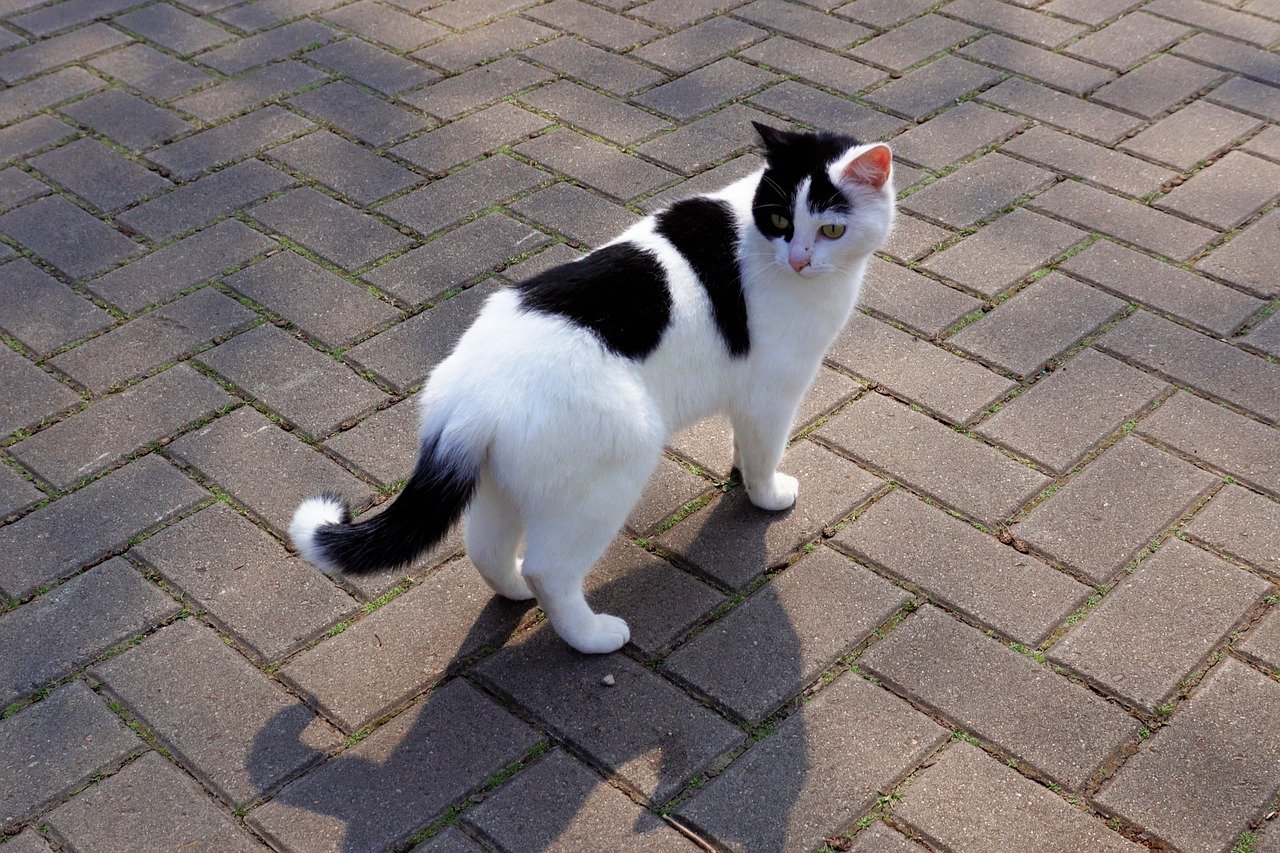
While cats love cozy nooks, being trapped with no escape route is a nightmare for a nervous feline. Closing doors behind them or cornering them in tight spaces can send their anxiety through the roof. Always give your cat a way out, especially during stressful situations like vet visits or houseguests. If you must contain your cat, use a spacious carrier and make it as comfortable as possible. Letting your cat feel in control of their movements is key to reducing their stress.
Ignoring Signs of Illness or Pain

Cats are experts at hiding pain or illness, but nervous cats may become even more withdrawn or reactive when they’re not feeling well. Ignoring changes in appetite, grooming, or behavior can lead to bigger health issues down the line. If your cat seems extra anxious or is acting out of character, it’s worth a trip to the vet. Addressing health concerns promptly can improve your cat’s comfort and reduce their anxiety. Remember, a healthy cat is a happier, calmer companion.
Using Punishment as Discipline

Punishing a nervous cat—whether by yelling, spraying water, or using physical force—doesn’t teach them what you want. It just makes them more fearful and mistrustful. Cats don’t connect punishment with their actions the way people do. Instead, focus on positive reinforcement. Reward good behavior with treats, praise, or playtime. A nervous cat needs encouragement, not punishment. Building trust through kindness will create a much stronger bond.
Leaving Them Alone for Too Long
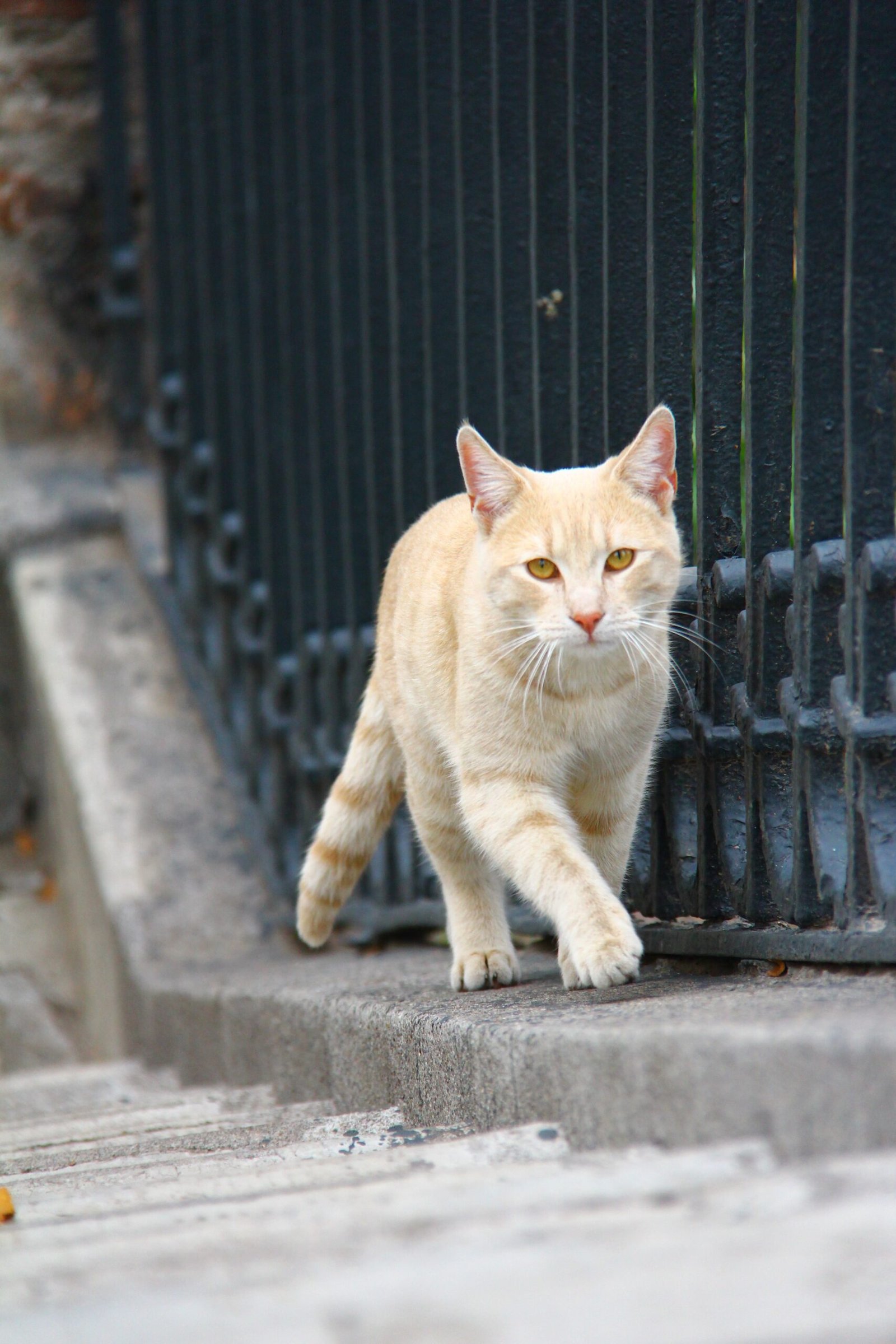
While cats are famously independent, nervous cats can feel abandoned if left alone for extended periods. Long absences can lead to anxiety, destructive behavior, or even depression. Try to spend quality time with your cat every day, even if it’s just a few minutes of gentle play or quiet companionship. If you have to be away, consider leaving a piece of clothing with your scent or arranging for a pet sitter. Your presence is a source of comfort, and regular check-ins make a world of difference.
Overstimulating with Toys or Attention

Too much of a good thing can be overwhelming for a nervous cat. Flashy toys, laser pointers, or constant attention might overstimulate their senses and make them retreat. Pay attention to your cat’s cues—if they start twitching their tail or backing away, it’s time for a break. Keep play sessions short and sweet, and let your cat decide when they’ve had enough. Balance is key to building trust and helping your cat feel safe.
Neglecting to Provide Vertical Space
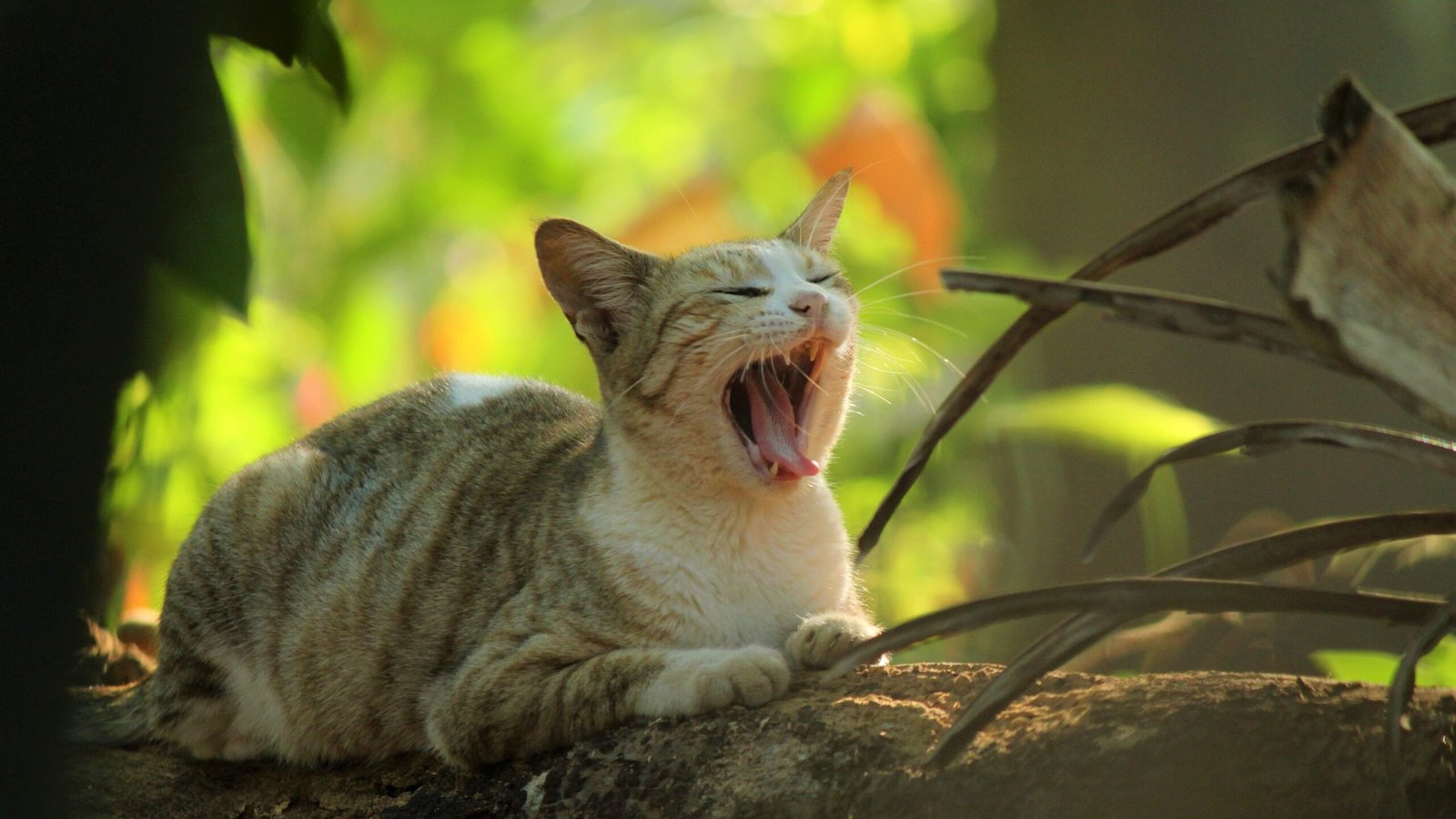
Cats feel safer when they can observe their surroundings from above. Neglecting to provide perches, shelves, or cat trees can make a nervous cat feel vulnerable. High-up spaces give your cat a sense of control and a safe vantage point. Investing in vertical territory—like window perches or tall scratching posts—can do wonders for your cat’s confidence. Think of it as their personal lookout tower, where they can watch the world go by without fear.
Allowing Unpredictable Children or Guests Near Them
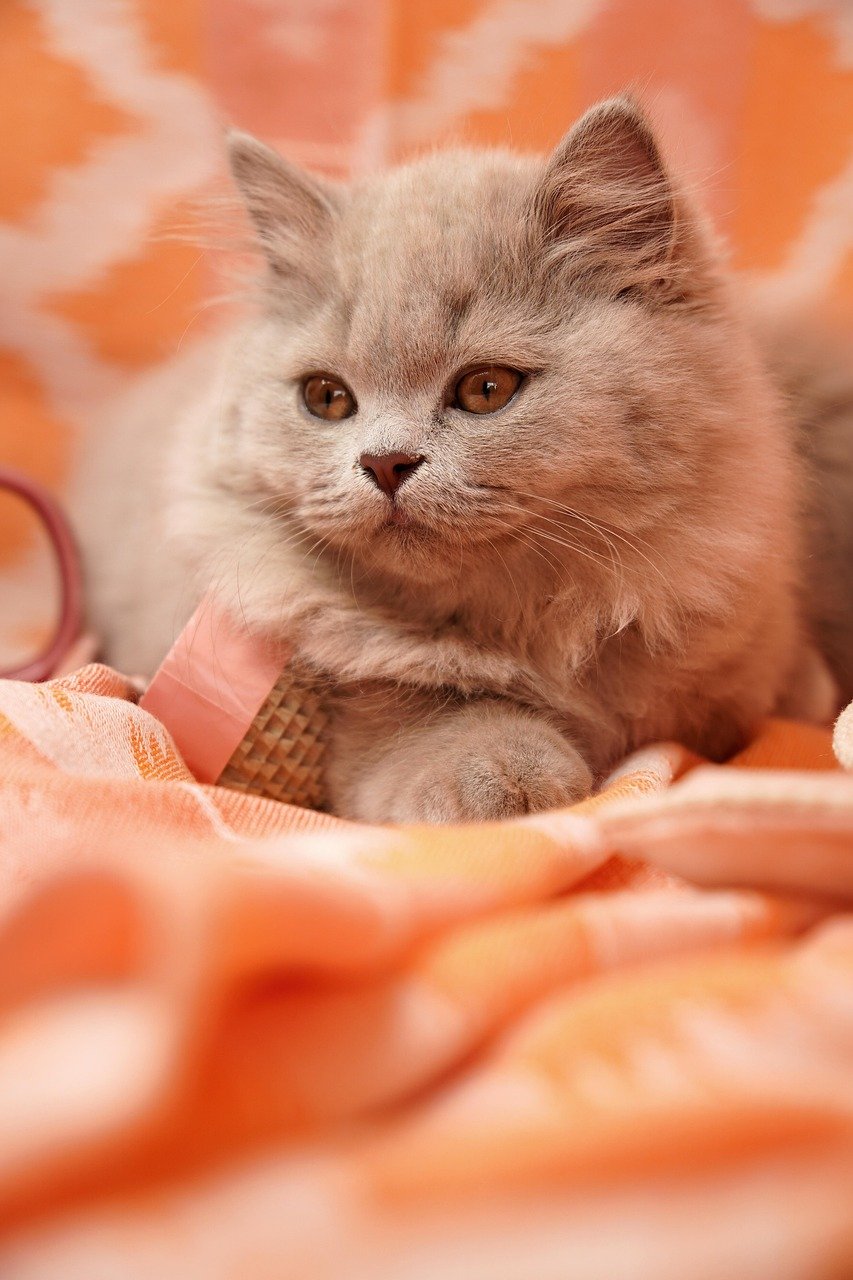
Children and some guests may not understand feline boundaries and can inadvertently scare a nervous cat with sudden movements or loud noises. Allowing unpredictable visitors to chase, grab, or corner your cat can destroy trust in seconds. Teach children to respect your cat’s space and encourage guests to let the cat come to them. Supervise interactions and intervene if your cat seems stressed. Setting clear boundaries will help your cat feel safer and more at ease, even around new faces.
Leaving Litter Boxes Dirty or Inaccessible
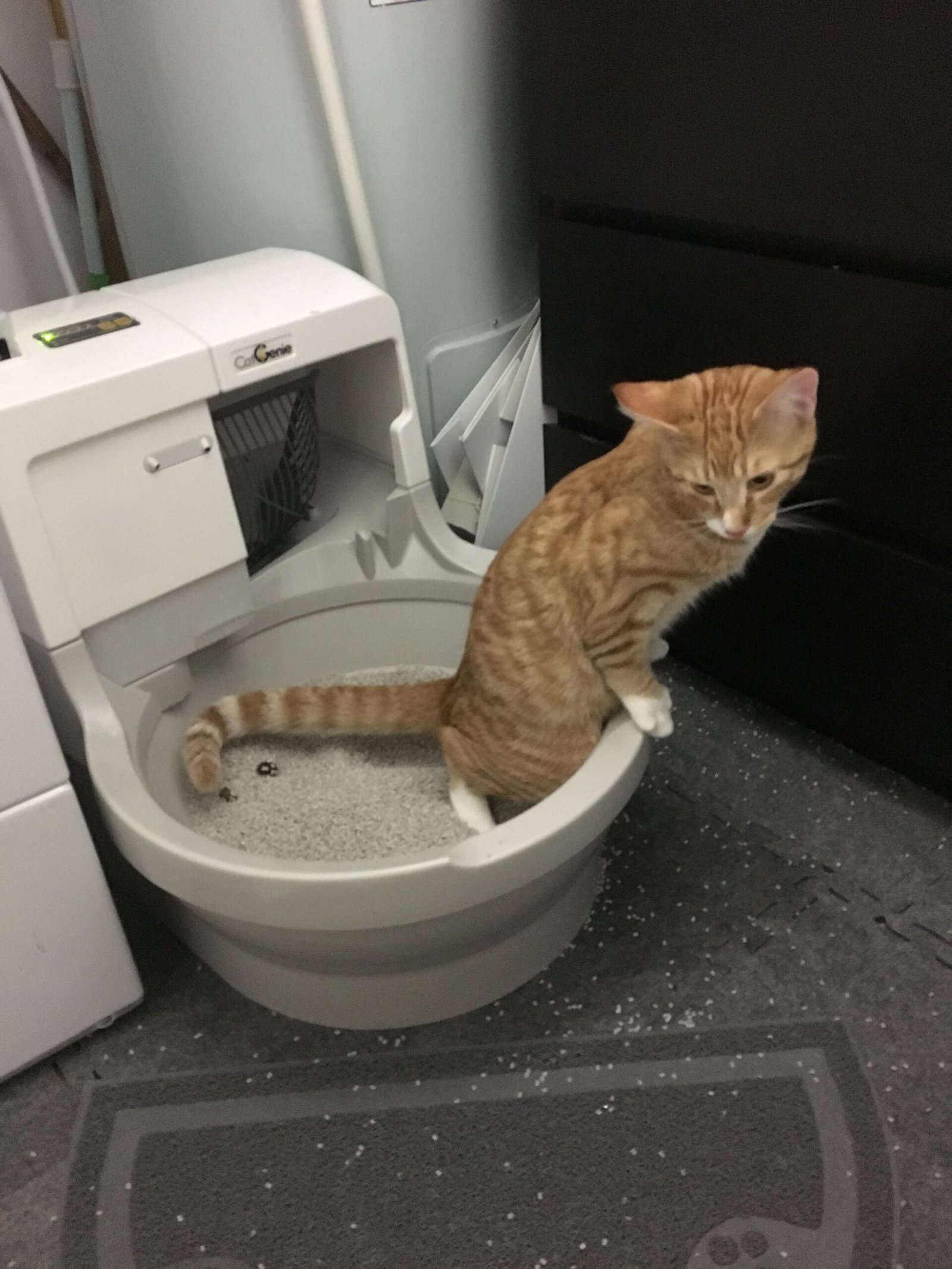
A dirty or hard-to-reach litter box is more than an inconvenience for a nervous cat—it’s a major source of stress. If the box is unclean or placed in a high-traffic area, your cat might avoid it, leading to accidents or even health problems. Keep litter boxes clean and in quiet, accessible locations. Providing multiple boxes in multi-cat households can also help. A clean, comfortable litter box is one of the simplest ways to keep your cat feeling secure, calm, and content.
Hi, I’m Bola, a passionate writer and creative strategist with a knack for crafting compelling content that educates, inspires, and connects. Over the years, I’ve honed my skills across various writing fields, including content creation, copywriting, online course development, and video scriptwriting.
When I’m not at my desk, you’ll find me exploring new ideas, reading books, or brainstorming creative ways to solve challenges. I believe that words have the power to transform, and I’m here to help you leverage that power for success.
Thanks for stopping by, Keep coming to this website to checkout new articles form me. You’d always love it!






